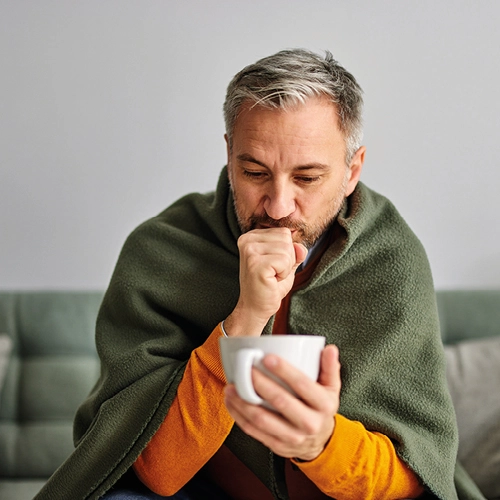
How to get rid of seasonal cough
An allergy is a condition in which a person’s immune system overreacts to something usually harmless.
One symptom of an allergy is a cough. This is often the result of irritation and inflammation in the airways. Common triggers that may cause an allergy cough include animal dander, urine, saliva, dust mites and cockroaches.
An allergic cough can result from a reaction in the upper, lower, or both respiratory systems.2
Seasonal bronchitis can affect people of all ages and is more common during winter.3
How to treat seasonal cough?
- Taking over-the-counter (OTC) medications: Allergy medicines, such as antihistamines, nasal sprays, and decongestants, can help reduce the inflammation and mucus production that can lead to a cough.
- Using a humidifier or inhaling steam from a shower: Humidifiers can help clear congestion and soothe throat irritation.
- Using an air purifier: A high-quality air purifier can help reduce the number of allergens and irritants in the air inside a person’s home or office space.
- Taking prescription medications: Nasal sprays and antihistamines can help alleviate an allergic cough affecting the upper respiratory tract. Inhalers are usually needed to treat an allergic cough affecting the lower airways.2
- Expectorants and mucolytics are medications that thin the mucus and make it less sticky. This makes it easier for people to cough it up. They work best for people who have a seasonal wet cough but are having difficulty getting the phlegm up.
What precautions to take during season change?
- Wear extra layers of clothes to keep yourself warm
- Maintain hygiene
- Moisturize frequently
- Avoid consuming cold water
- Avoid Hot water bath
- Eat a healthy diet.4
Which medicine is best for wet cough?
Expectorants and mucolytics are usually prescribed for wet or productive coughs. They work by thinning the mucus in the air passages, making it easier to cough up the mucus and clearing the airways. Try Mucosolvan® Syrupa for wet coughs.
Decongestants are used to clear a stuffy nose and treat a cough caused by mucus dripping back into the throat. They can only be used to clear up the airways if your nose is blocked or if your cough is due to a post-nasal drip to help you sleep comfortably.
Antihistamines: These are anti-allergy medicines that work only if your cough is caused by allergies that affect your nose and throat. They work by blocking the release of histamines, which are produced by our body as a reaction to allergens. Antihistamines can only help with allergic reactions (not allergy itself) like cough, watery eyes, and sneezing.
Combination medicines: Some cough syrups combine expectorants with decongestants and an antihistamine. Sometimes, a pain reliever may also be included. This type of combination is typically used to treat a range of symptoms such as cold congestion, cough, and body aches. However, since these medicines are a combination of anti-cough formulations, using them may cause you to take unnecessary medicines.
Topical applications: Ointments containing camphor or menthol are often rubbed on the chest or back to relieve cough and cold.5
1. https://www.healthline.com/health/dry-cough#_noHeaderPrefixedContent Last visited on 26th February 2022
2. https://www.medicalnewstoday.com/articles/allergy-cough#triggers Last visited on 26th February 2022
3. https://economictimes.indiatimes.com/magazines/panache/do-you-have-a-stubborn-cough-that-isnt-going-it-may-be-seasonal-bronchitis/articleshow/67734948.cms?from=mdr Last visited on 26th February 2022
4. https://www.hdfcergo.com/blogs/health-insurance/5-precautions-to-be-taken-in-winter-season Last visited on 26th February 2022
5. https://www.1mg.com/articles/types-of-cough-medicines-for-wet-and-dry-cough/ Last visited on 27th February 2022
a. Mucosolvan® Syrup leaflet last revised in July 2022.
b. Mucosolvan® 75mg capsules leaflet last revised in July 2022.
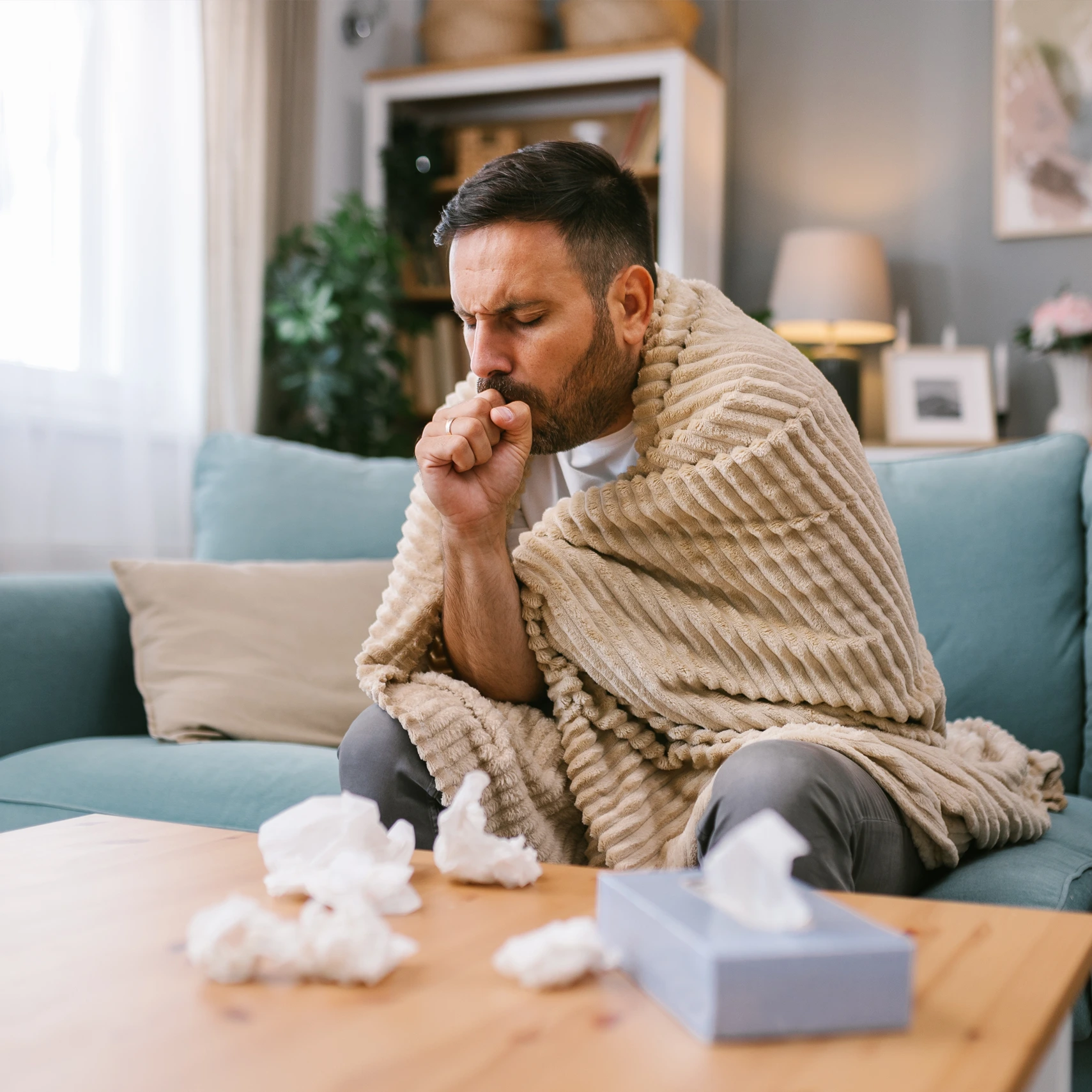-2.webp)
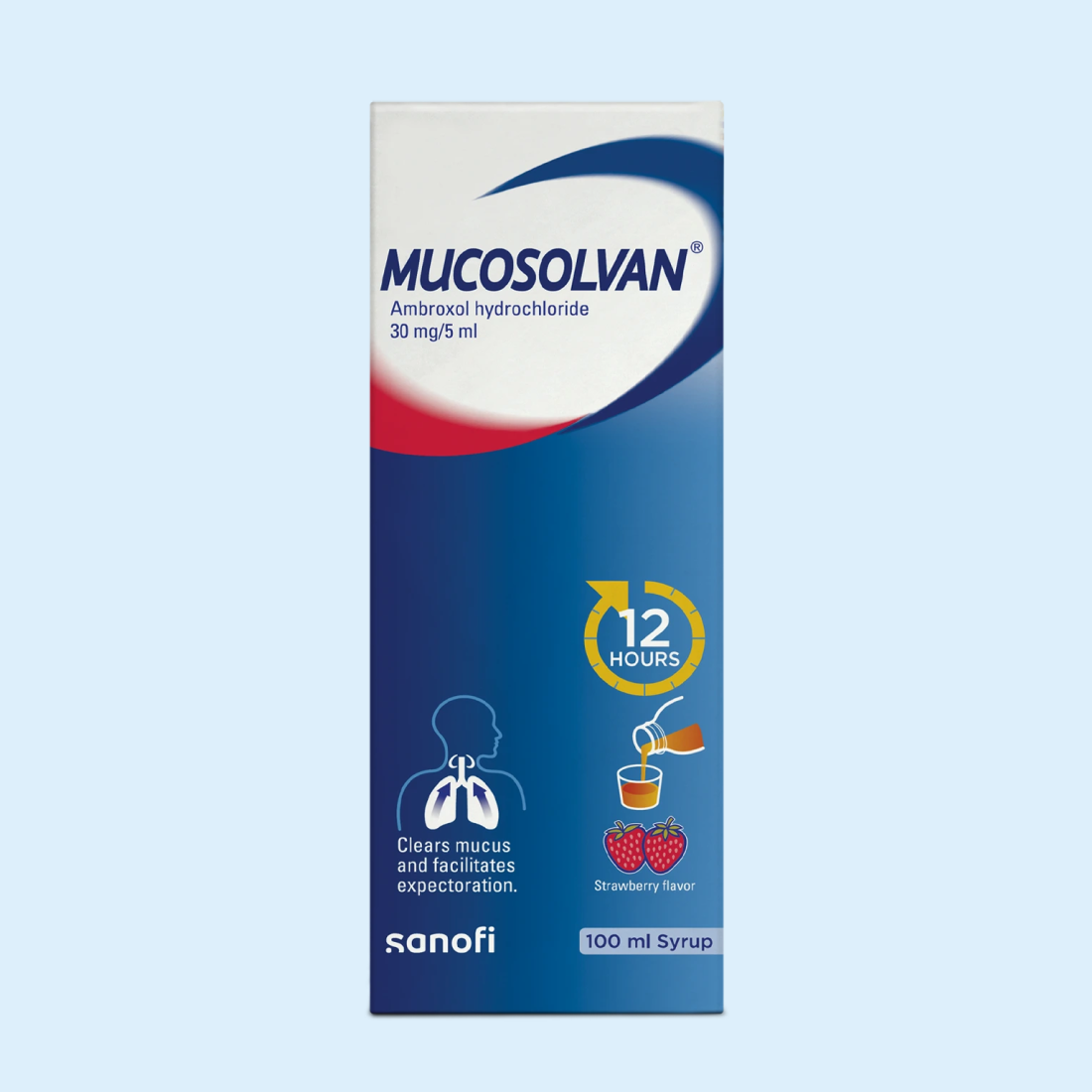
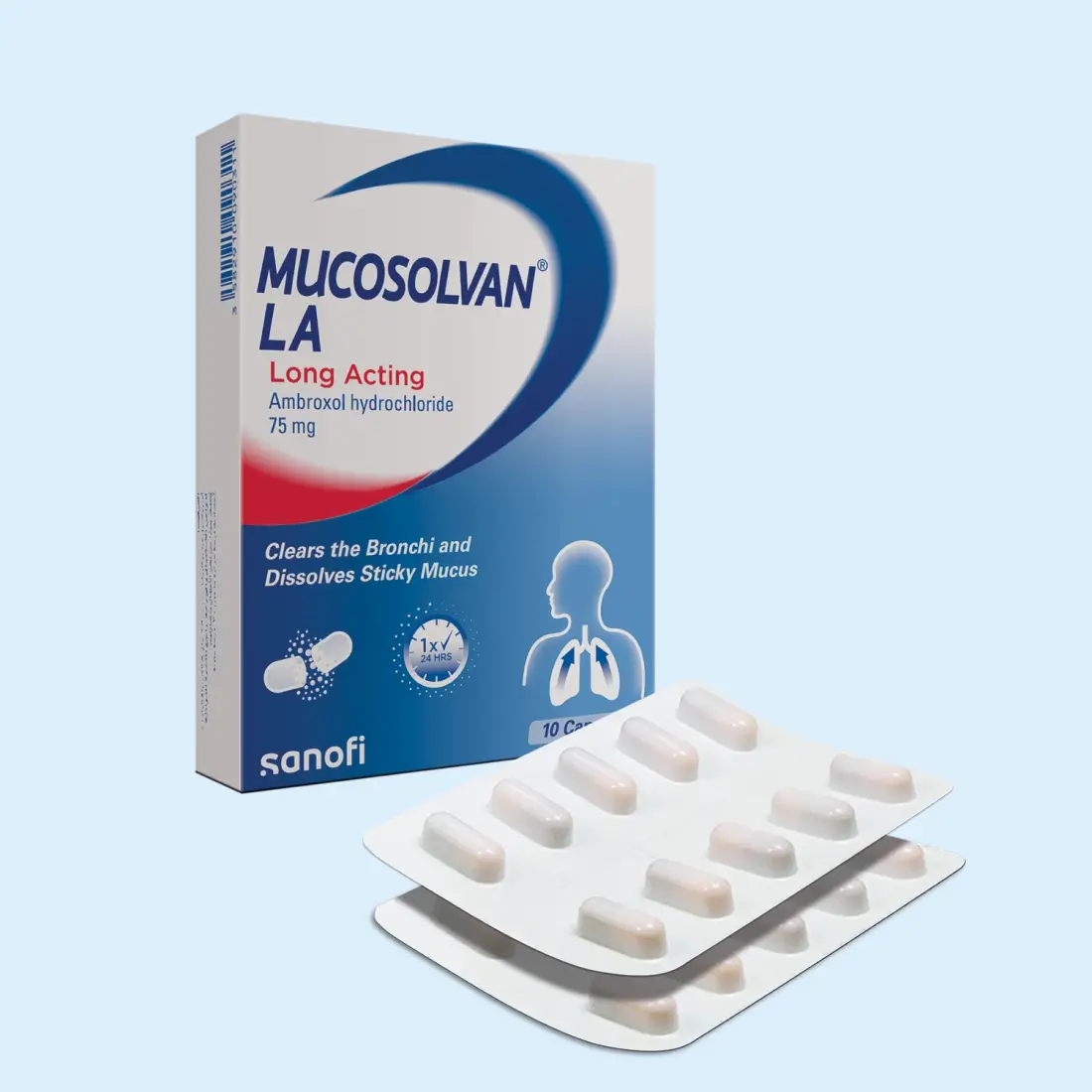

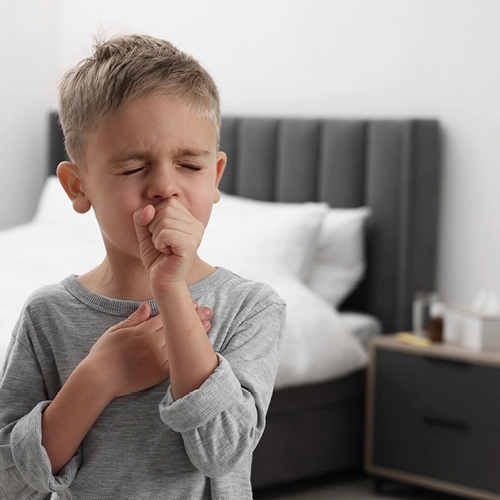
%20(1)%20(1).webp)
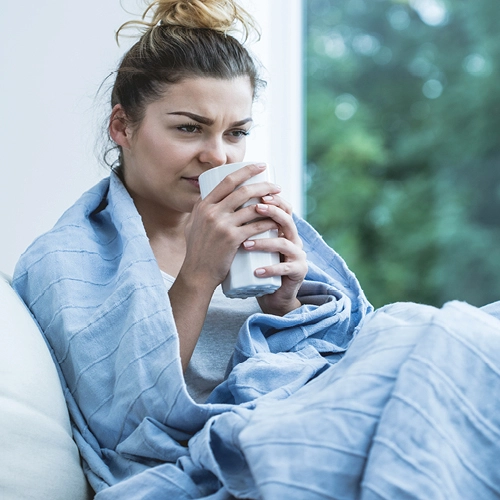
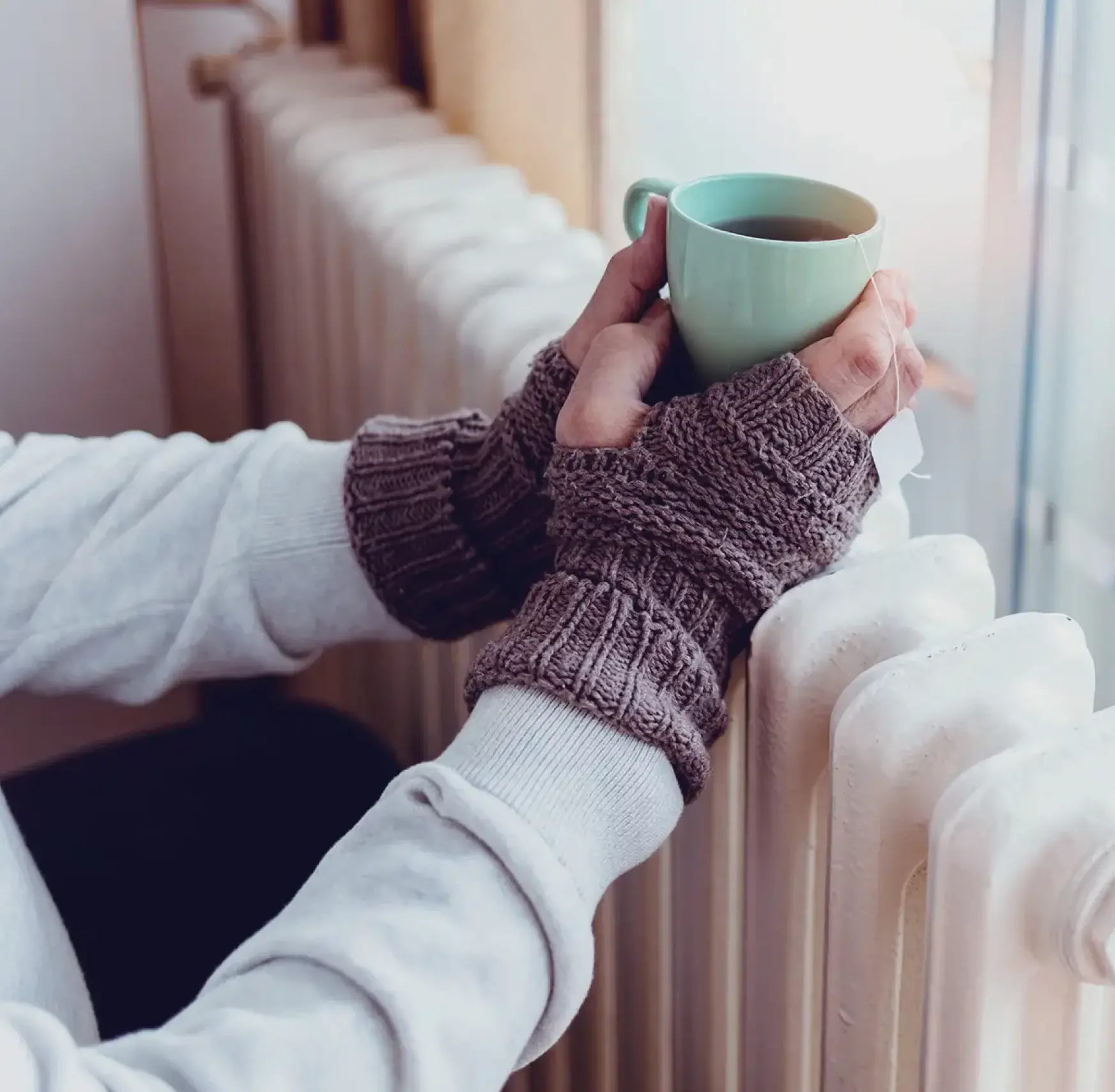
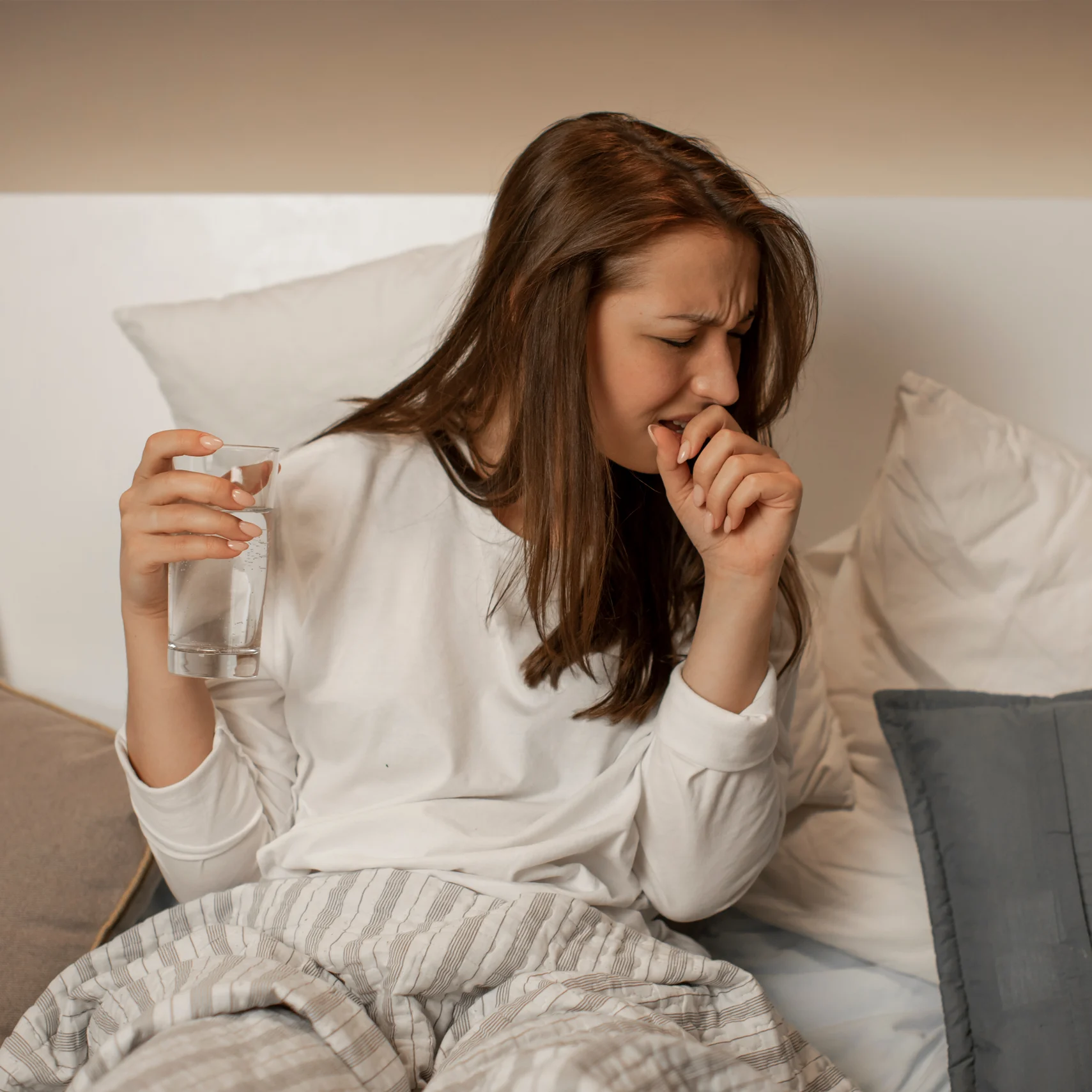
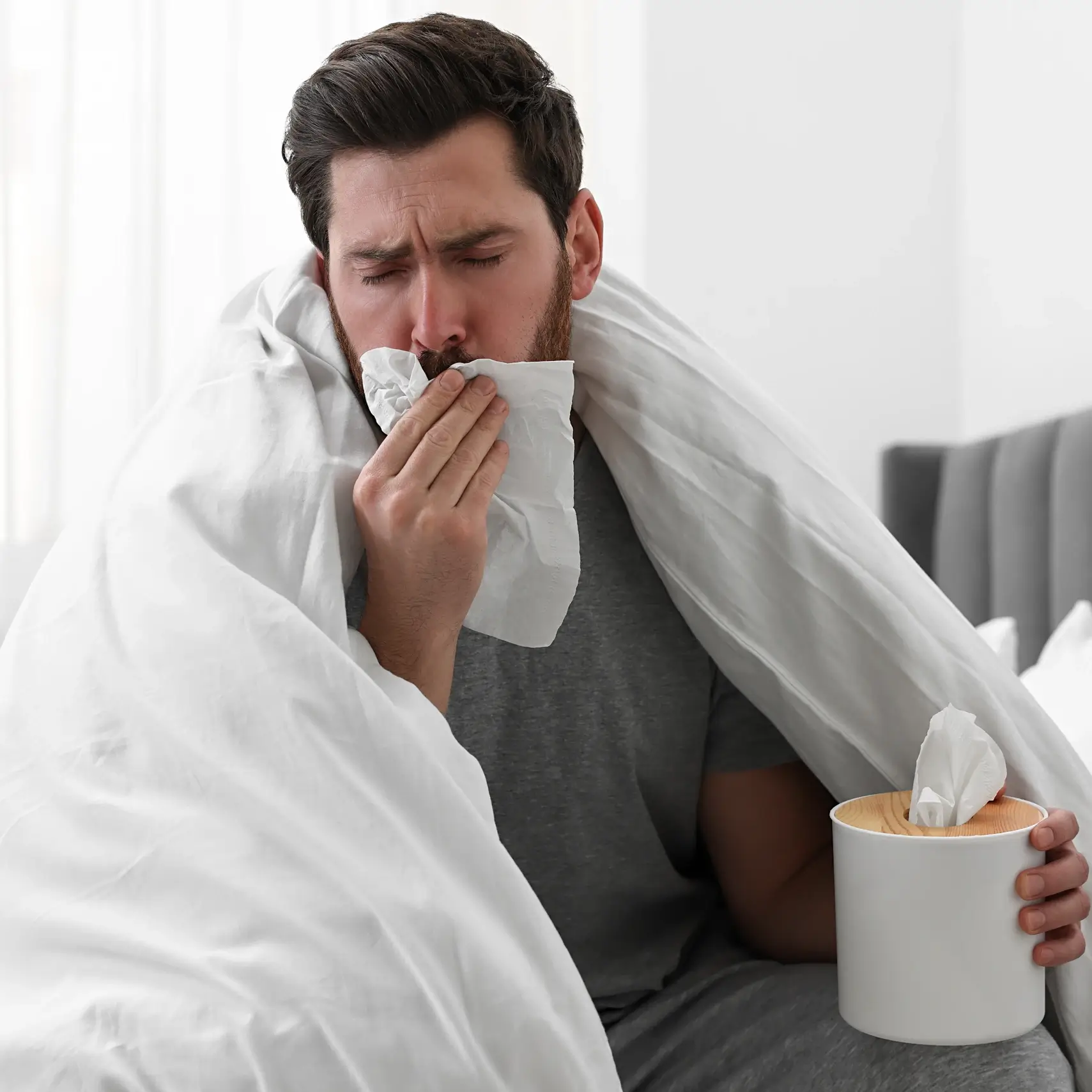%20(1).webp)
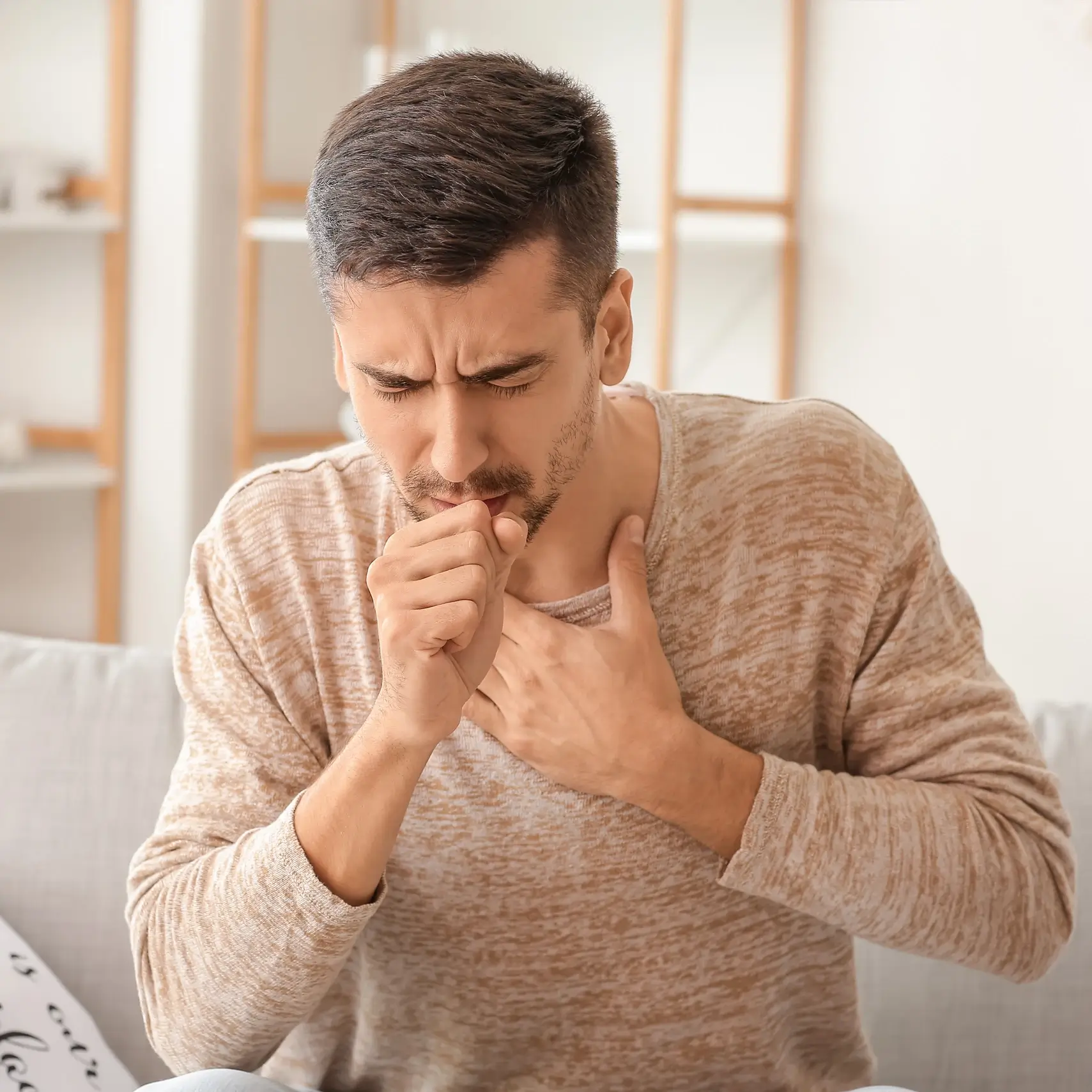%20(1).webp)